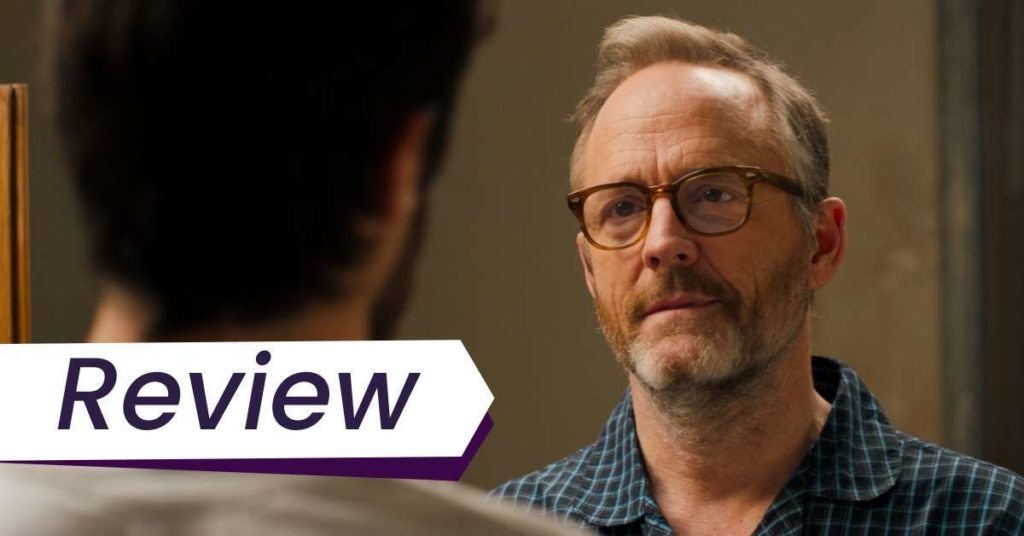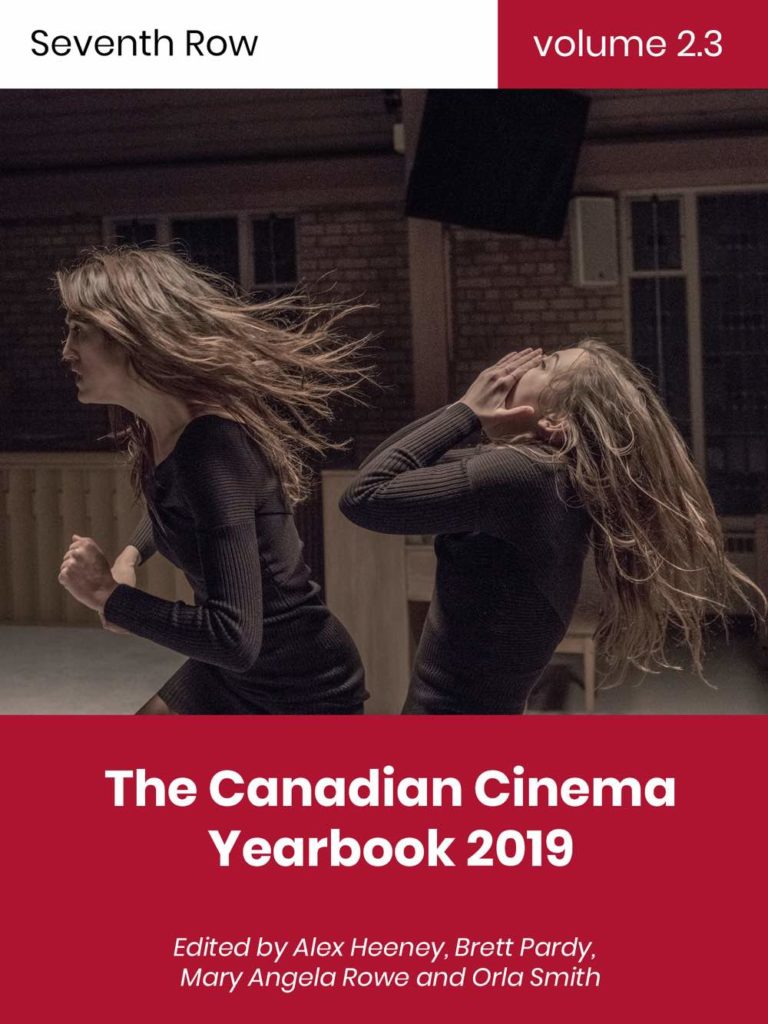In Sublet, a New York Times travel writer visiting Tel Aviv strikes up a friendship with a younger gay man whose apartment he’s subletting.

Discover one film you didn’t know you needed:
Not in the zeitgeist. Not pushed by streamers.
But still easy to find — and worth sitting with.
And a guide to help you do just that.
One of the great joys of LGBTQ film festivals like the BFI Flare is getting to see queer relationships of all shapes and sizes, around the world, both platonic and romantic — beyond what is typically seen in mainstream cinema. Eytan Fox’s Sublet is only the second feature I’ve seen at Flare that depicts a brief encounter between two gay men from different countries, cultures, and backgrounds. The other was the lovely Boy Meets Boy, which I reviewed last week. Sublet takes a similar premise: a foreigner spending just a few days in a new city strikes up a relationship with a city native, and they spend a brief time together. In this case, however, the relationship is semi-platonic and intergenerational.
John Benjamin Hickey plays Michael, a New York Times travel writer visiting Tel Aviv as part of a series where he attempts to sense a city’s spirit in the space of five days. He is encouraged to diverge from his touristy itinerary by Tomer (Niv Nissim), the young film student whose apartment Michael is subletting. Their relationship is tentative and awkward at first, but they warm to each other quickly as they talk, share stories, and glean their shared queerness from subtle social cues. Their adventures range from buying a cup of “the best pomegranate juice in Tel Aviv” to sunbathing on the beach to visiting one of Tomer’s friend’s experimental dance shows.

The main appeal of Sublet is Michael and Tomer’s back and forth, particularly as they try to understand each others’ differing cultural and generational perspectives on queerness. Similar to Boy Meets Boy, Sublet depicts one gay man (Michael) in a commited, monogamous relationship, and another (Tomer) who steadfastly insists that he only has one-night stands, usually arranged via hook-up apps like Grindr. Michael is grappling with whether or not to take the next step with his husband and try for a baby. Meanwhile, Tomer is living in the moment, and considering whether to move to Berlin, where he imagines he’ll be even more artistically and sexually liberated. With less than a week to spend together, each man enthusiastically questions the other about his life. Through Tomer, Michael recalls the freedom of his past. Through Michael, Tomer glimpses what a settled-down future might look like, and eagerly listens to stories about Michael’s youth as a gay man, particularly living through the AIDS crisis.
This platonic bonding between two generations of gay men is so rare and lovely to see, that I was disappointed when the film tips their relationship toward the sexual in its last act. It would be a stretch to call Michael and Tomer’s dynamic romantic — even in the film’s touching final moments, Michael feels more like an elder who Tomer looks up to than a love interest. If Michael’s paternal feelings toward Tomer weren’t evident before, there’s even a scene right next to the sex scene where he teaches the messy Tomer how to properly fold his socks. So it confuses me why Fox decided these characters should have sex on Michael’s final night in Tel Aviv, especially because it raises questions about Michael’s relationship to his husband that the film doesn’t do enough to answer.

Still, that decision is an unfortunate blip in what is otherwise a lovely, rich character drama. Michael and Tomer, played beautifully by Hickey and Nissim, are characters who feel distinctive, as if their lives continue even when they’re off screen. Fox achieves this by sprinkling the film with little character beats that aren’t exactly plot relevant, but add colour to Michael’s and Tomer’s personalities. Michael’s husband’s loving, concerned reminders that Michael take his medication every time they Skype gives shade and depth to their long-term relationship. Tomer’s declaration that he despises onions, or the way he picks out the raisins in his cake at an airport cafe, tells us he’s a picky eater — something we didn’t need to know, but which helps paint a portrait of this somewhat childish, but still loveable, young man. It’s fitting that the film ends with Michael and Tomer’s emotional farewell, because after ninety minutes of getting to know them, I was sad to say goodbye, too.
You could be missing out on opportunities to watch great films like Sublet at virtual cinemas, VOD, and festivals.
Subscribe to the Seventh Row newsletter to stay in the know.
Subscribers to our newsletter get an email every Friday which details great new streaming options in Canada, the US, and the UK.
Click here to subscribe to the Seventh Row newsletter.




